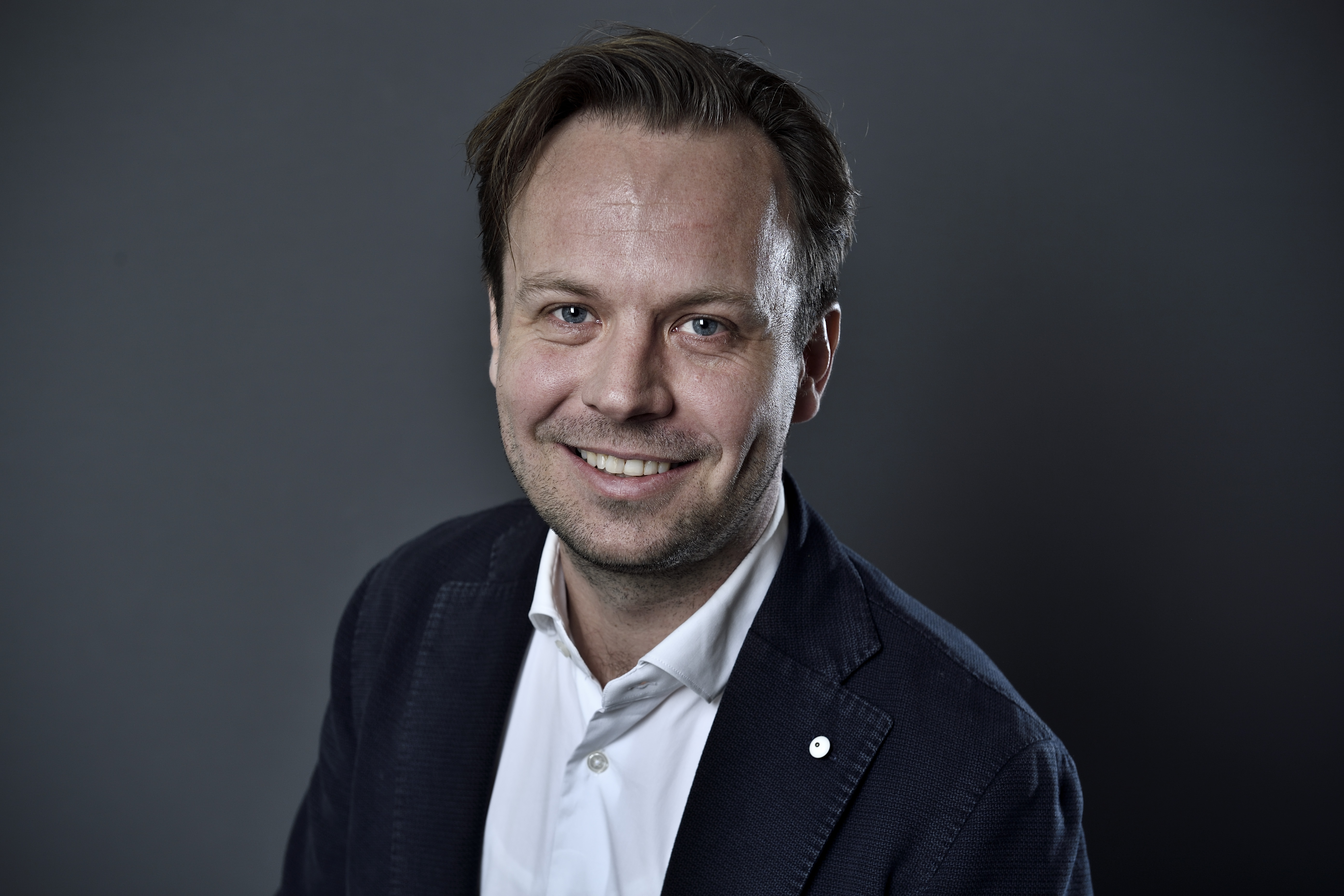Torben Heien Nielsen
Research leader

Project title
Skill formation in the labor market for physicians
What is your project about?
We spend 10% of our GDP on health care. For this amount, the objective is to maintain a healthy population, and provide equal access to quality health care regardless where we live. Our physicians are at the center of the health care sector and their decisions are pivotal for our welfare. Thus, our physicians constitute one of the most important highly specialized professions in modern economies. My research project investigates how physician careers and practice styles are shaped.
How did you become interested in your particular field of research?
In recent years, my research has centered at understanding patient behaviors. Particularly, we showed how family members and close coworkers affect each other’s health behaviors. Among scholars, our results changed the understanding of how the demand for health care is shaped. But patients’ demand is only part of the market. On the supply side, physician behaviors, governed by incentives and beliefs, are important inputs in the health production.
What are the scientific challenges and perspectives in your project?
Economists have several theories on the determinants of specialists’ careers. A simple idea is that people make decisions to maximize lifetime earnings. However, other circumstances play crucial roles, too. The challenge is to pin point which mechanisms that matter empirically for career paths. By investigating how different cohorts of physicians have been exposed to different conditions in education and at the labor market, my research project will distinguish individual differences from circumstances. This requires data from the Danish National Archives, which we will be the first to utilize for these purposes.
What is your estimate of the impact, which your project may have to society in the long term?
My research project will contribute to our understanding of highly specialized workers’ labor market choices. We ask: To what extent do wages, other characteristics about the job or luck shape the decisions? And are there differences across genders? The physician labor market is particularly interesting as many societies are challenged by a lack of physicians in some geographical areas. Consequently, the post code may determine the level of treatment the patients receive. Over time, my project will generate more knowledge on how to combat such inequalities.
Which impact do you expect the Sapere Aude programme will have on your career as a researcher?
The Sapere Aude grant is a recognition of the potential of my research project and my preceding work. The grant allows me to establish myself as a young researcher with a strong team around me: a post-doc, a PhD student and my international collaborator. Thus, the Sapere Aude grant provides the foundation for international recognition in an area, which has great international interest.
View all research leaders here
Research institution
University of Copenhagen, Department of Economics
Research field
Economics
City of your current residence
Frederiksberg
High school
Frederiksborg Gymnasium
